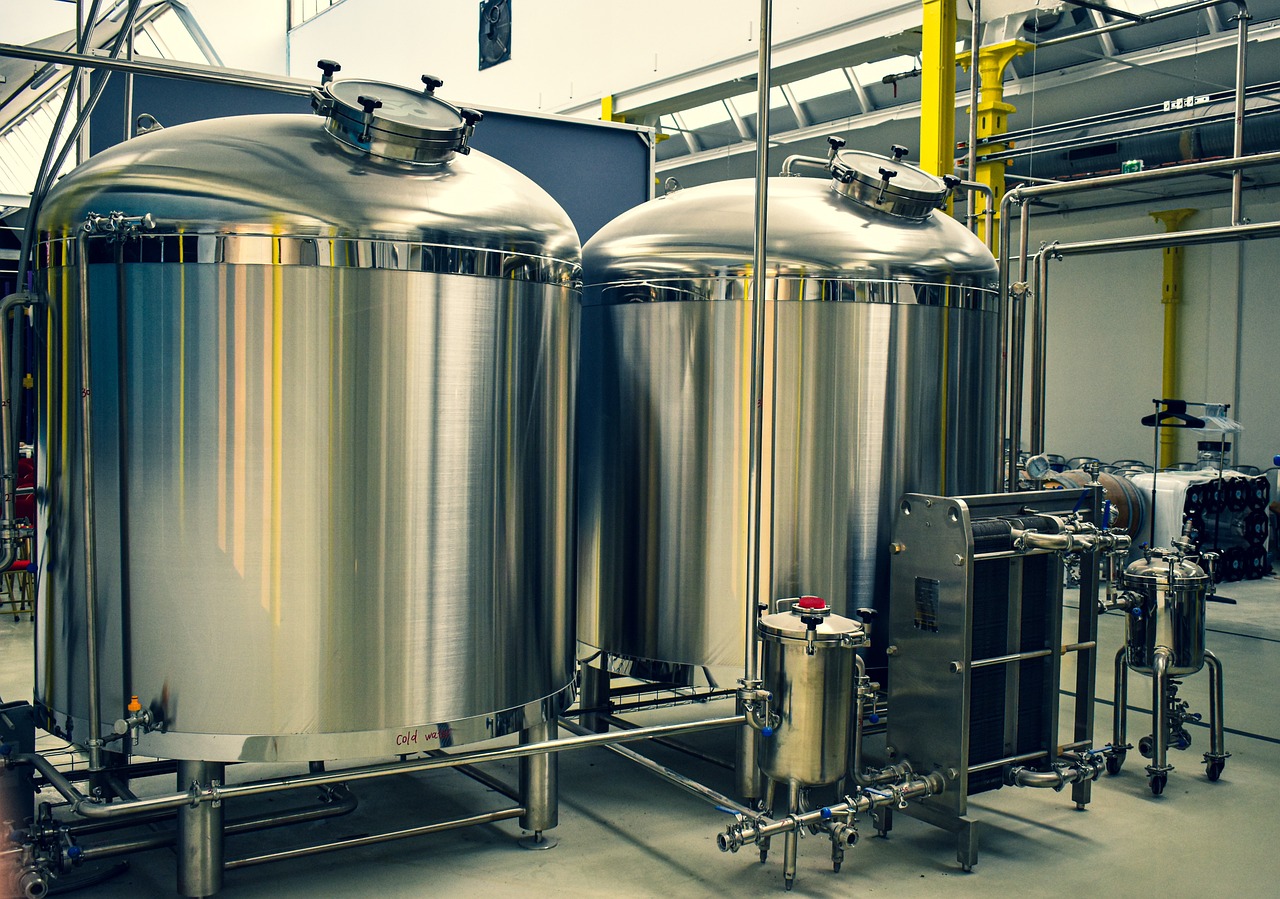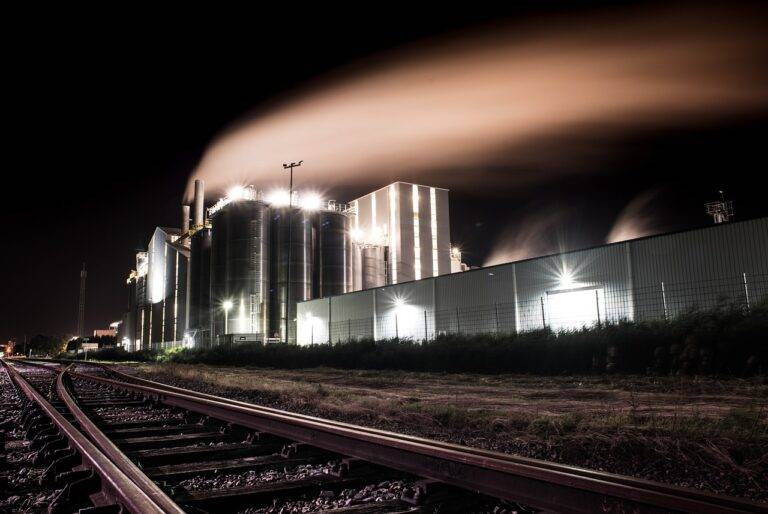Exploring the Potential of AI in Sustainable Agriculture Management
Crop monitoring plays a crucial role in the agricultural sector by providing valuable insights into the health and growth of crops. With the advancements in artificial intelligence (AI) technology, monitoring crops has become more efficient and accurate. AI can analyze vast amounts of data collected from various sources such as satellites, drones, and sensors to assess crop conditions and detect any anomalies.
One of the key benefits of using AI in crop monitoring is the ability to predict potential issues such as disease outbreaks, pest infestations, or nutrient deficiencies before they escalate. By implementing AI-powered solutions, farmers can make informed decisions on timely interventions to mitigate risks and optimize crop yields. Additionally, AI can help in optimizing irrigation schedules, identifying areas for improvement in crop management practices, and ultimately contributing to sustainable agricultural practices.
AI Solutions for Soil Health Management
When it comes to maintaining soil health, AI solutions are proving to be invaluable tools for farmers and agricultural professionals. By utilizing advanced algorithms and machine learning, these technologies can provide real-time data on soil conditions, allowing for more precise and efficient management practices. From monitoring nutrient levels to predicting potential soil erosion, AI is revolutionizing the way we approach soil health management.
One of the key benefits of AI solutions for soil health management is their ability to detect patterns and trends that may not be immediately apparent to the human eye. This can help identify areas of the field that require specific attention, such as additional fertilization or irrigation. By leveraging the power of AI, farmers can make data-driven decisions that optimize crop production while also prioritizing sustainable land use practices.
How can AI be used in crop monitoring?
AI can be used in crop monitoring by analyzing satellite images to detect crop health, predicting crop yields, and identifying areas of potential pest infestation.
What are some AI solutions for soil health management?
Some AI solutions for soil health management include using machine learning algorithms to analyze soil data and provide recommendations for improving soil fertility, moisture levels, and nutrient content.
How can AI help farmers make better decisions about soil health?
AI can help farmers make better decisions about soil health by providing real-time data on soil conditions, predicting future trends in soil health, and offering personalized recommendations for improving soil quality.
Are there any limitations to using AI for soil health management?
While AI can be a powerful tool for soil health management, there are limitations to consider, such as the need for accurate data inputs, potential biases in the algorithms used, and the cost of implementing AI solutions.





